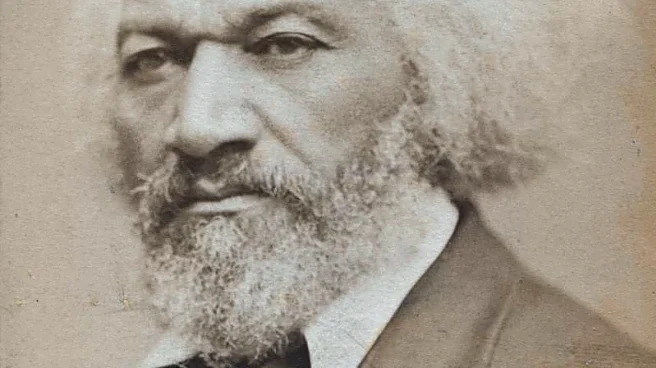What's Happening?
Universal Children's Day on November 20 marks the 35th anniversary of the U.N. Convention on the Rights of the Child (UNCRC) entering into force. This treaty, adopted by the United Nations General Assembly,
outlines fundamental rights for children and has been ratified by 196 countries, making it the most widely ratified human rights treaty in history. However, the United States remains the only U.N. member state that has not ratified the Convention, despite having signed it in 1995. The U.S. played a significant role in drafting the Convention but has not made it law, with opponents citing concerns over sovereignty and the potential for the U.N. to influence U.S. children's best interests.
Why It's Important?
The U.S.'s failure to ratify the UNCRC has significant implications for its global standing and domestic policy. Ratification could guide U.S. policies on children's rights and improve conditions for children, aligning with international standards. The refusal to ratify may impact the U.S.'s moral leadership and respectability on the global stage, as it stands as an outlier among nations that have committed to protecting children's rights. This decision also reflects internal legislative complexities and debates over sovereignty, raising questions about the U.S.'s commitment to children's welfare.
What's Next?
There is a call for U.S. leaders and government representatives to ratify the UNCRC, especially in light of Universal Children's Day. Ratification could potentially lead to legislative changes that enhance children's rights and well-being in the U.S. It may also influence public policy and education, ensuring better protection and awareness of children's rights. The decision to ratify could be a step towards restoring the U.S.'s moral leadership and aligning with global human rights standards.
Beyond the Headlines
The U.S.'s stance on the UNCRC highlights broader ethical and cultural dimensions regarding children's rights. It raises questions about the balance between national sovereignty and international human rights obligations. The refusal to ratify may reflect deeper societal issues, such as the prioritization of certain freedoms over children's welfare. This situation underscores the need for a national dialogue on children's rights and the role of international treaties in shaping domestic policy.










